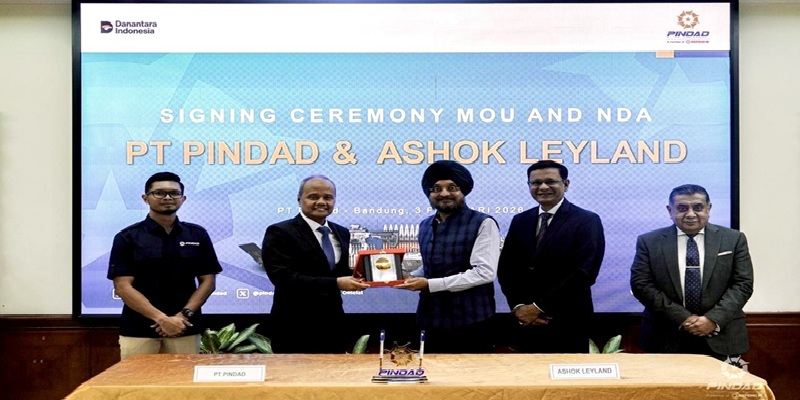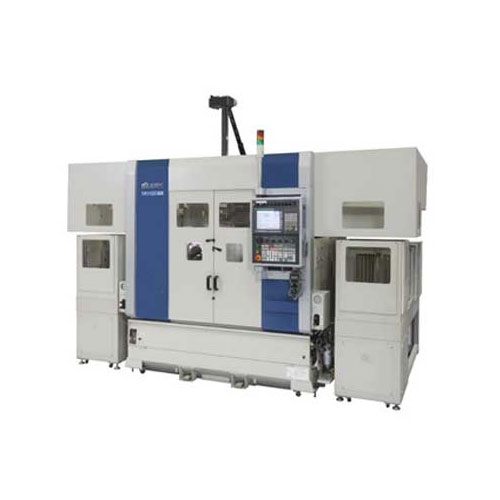Schedule a Call Back
Deploying industrial AI with sustainability
 Articles
Articles- Oct 16,24

Related Stories

Honeywell Launches Hybrid Heating to Cut Industrial Energy Costs and Emissions
Honeywell’s Hybrid Heating Solution enables manufacturers to switch between gas and electric heat in real time, helping optimise energy costs, cut emissions and support the energy transition.
Read more
Concord Control Systems Wins Rs 1.85 bn KAVACH 4.0 Rail Safety Order
Concord Control Systems has secured a Rs 1.85 billion order for KAVACH 4.0, India’s indigenous ATP system, to be executed over 12 months, reinforcing its role in railway safety modernisation.
Read more
Ashok Leyland, PT Pindad Partner for Electric Buses and Defence Vehicles
Ashok Leyland has signed an MoU with Indonesia’s PT Pindad to jointly develop and manufacture electric buses and defence vehicles, supporting sustainable mobility and modern defence needs.
Read moreRelated Products

Digimatic Smart Caliper
Veekay Industries offers a wide range of digimatic smart caliper.

Compact Fmc - Motorum 3048tg With Fs2512
Meiban Engineering Technologies Pvt Ltd offers a wide range of Compact FMC - Motorum 3048TG with FS2512.

Digital Colony Counter
Rising Sun Enterprises supplies digital colony counter.















